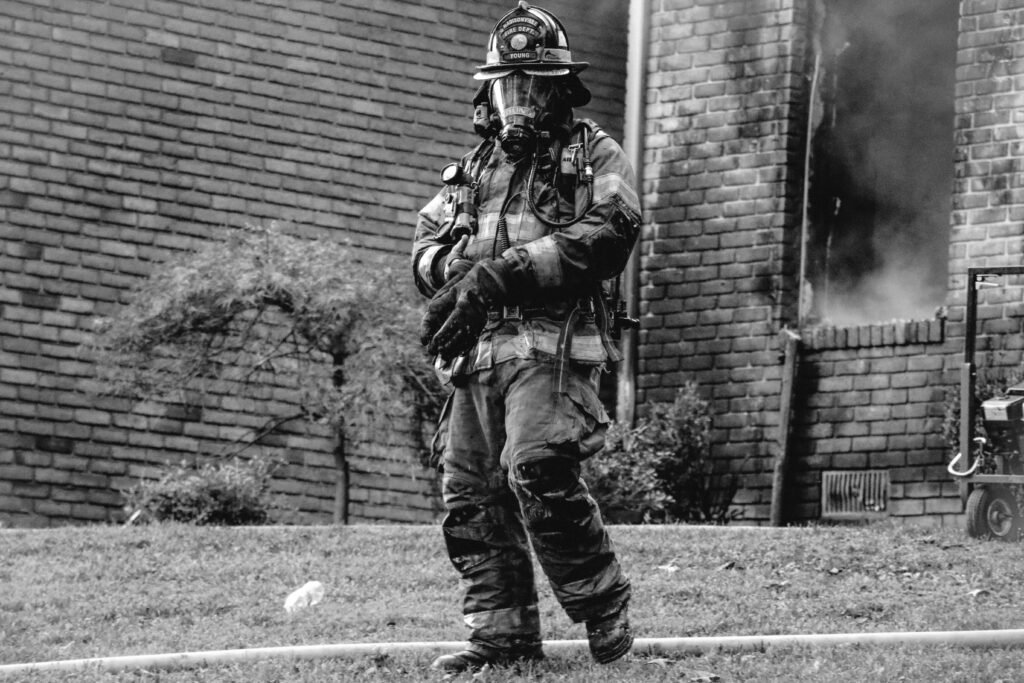Smoke Detector False Alarms: Common Causes and Solutions
Encountering a smoke alarm that frequently goes off without a visible cause can be both perplexing and alarming. There are several reasons why this might happen, ranging from technical malfunctions to environmental factors. This comprehensive guide aims to explore the common culprits behind these false alarms and offers actionable advice on how to address them effectively.

The Predominant Causes of Smoke Detector False Alarms
Several factors can contribute to your smoke detector sounding off without the presence of smoke or fire. Here’s a closer look at the most common reasons:
- Battery Issues: A leading cause of false alarms in smoke detectors is battery-related issues. Either the battery is nearing the end of its life, or it’s already dead, leading to intermittent beeping or false alarms.
- Improper Placement: Installing smoke detectors in areas prone to temperature fluctuations, humidity, or fumes, such as kitchens, bathrooms, or garages, can lead to false alarms. The placement of your smoke alarm plays a crucial role in its effectiveness.
- Airborne Chemicals: Newly painted rooms or exposure to other airborne chemical compounds can interfere with the sensor’s ability to function correctly, resulting in a false alarm.
- Insects and Dust: Insects crawling into the detector or an accumulation of dust can block or interfere with the sensors, causing the alarm to sound off erroneously.
Understanding these causes is the first step in preventing unnecessary disruptions and ensuring that your smoke alarm functions as intended.
How to Address False Alarms and Ensure Proper Functioning of Your Smoke Alarm
Dealing with a smoke alarm that frequently goes off can be frustrating, but there are several steps you can take to mitigate this issue:
- Regular Maintenance: Regularly check and replace the batteries in your smoke detector. It’s recommended to test the function of your smoke alarm monthly and replace batteries at least once a year, or as recommended by the manufacturer.
- Optimal Placement: To avoid false alarms, ensure your smoke detector is placed away from high-humidity areas, extreme temperatures, and fumes. The installation of heat detectors in kitchens and carbon monoxide detectors in areas prone to gas leaks can offer more targeted protection without the risk of false alarms from smoke detectors.
- Keep It Clean: Regularly cleaning your smoke detector can prevent dust and insects from causing false alarms. Use a soft brush or a vacuum cleaner attachment to gently clean the exterior vents.
- Reset and Replace: If your smoke alarm continues to beep after replacing the battery, it may need a reset. Consult the manufacturer’s instructions for resetting your specific model. Remember, smoke alarms have a lifespan and should be replaced every ten years or as per the manufacturer’s recommendation.
Pro Tips for Smoke Alarm Management
- Understanding the Signals: Learn what the different signals of your smoke alarm mean, such as the difference between a low-battery beep and an actual alarm.
- Emergency Preparedness: Always have an evacuation plan in place. In the event that your smoke alarm does go off, ensure everyone in the household knows what to do and where to go, regardless of whether it’s a false alarm or a real emergency.
- Professional Consultation: If you’re experiencing persistent false alarms and cannot identify the cause, consulting with a professional may help. They can assess your home’s specific needs and recommend the best types of detectors and placements.
Conclusion
A smoke alarm is an indispensable safety feature in any home, designed to alert you at the first sign of fire, giving you and your loved ones time to escape. However, false alarms can be more than just an annoyance; they can undermine confidence in your home’s fire safety measures. By understanding the common causes of false alarms and implementing the suggested preventative and corrective actions, you can ensure that your smoke detector remains a reliable guardian of your home’s safety.
Remember, the key to effective smoke alarm functionality is regular maintenance, correct placement, and immediate action when issues arise. Stay safe, stay informed, and never underestimate the importance of a properly functioning smoke alarm in your home.




Leave a comment